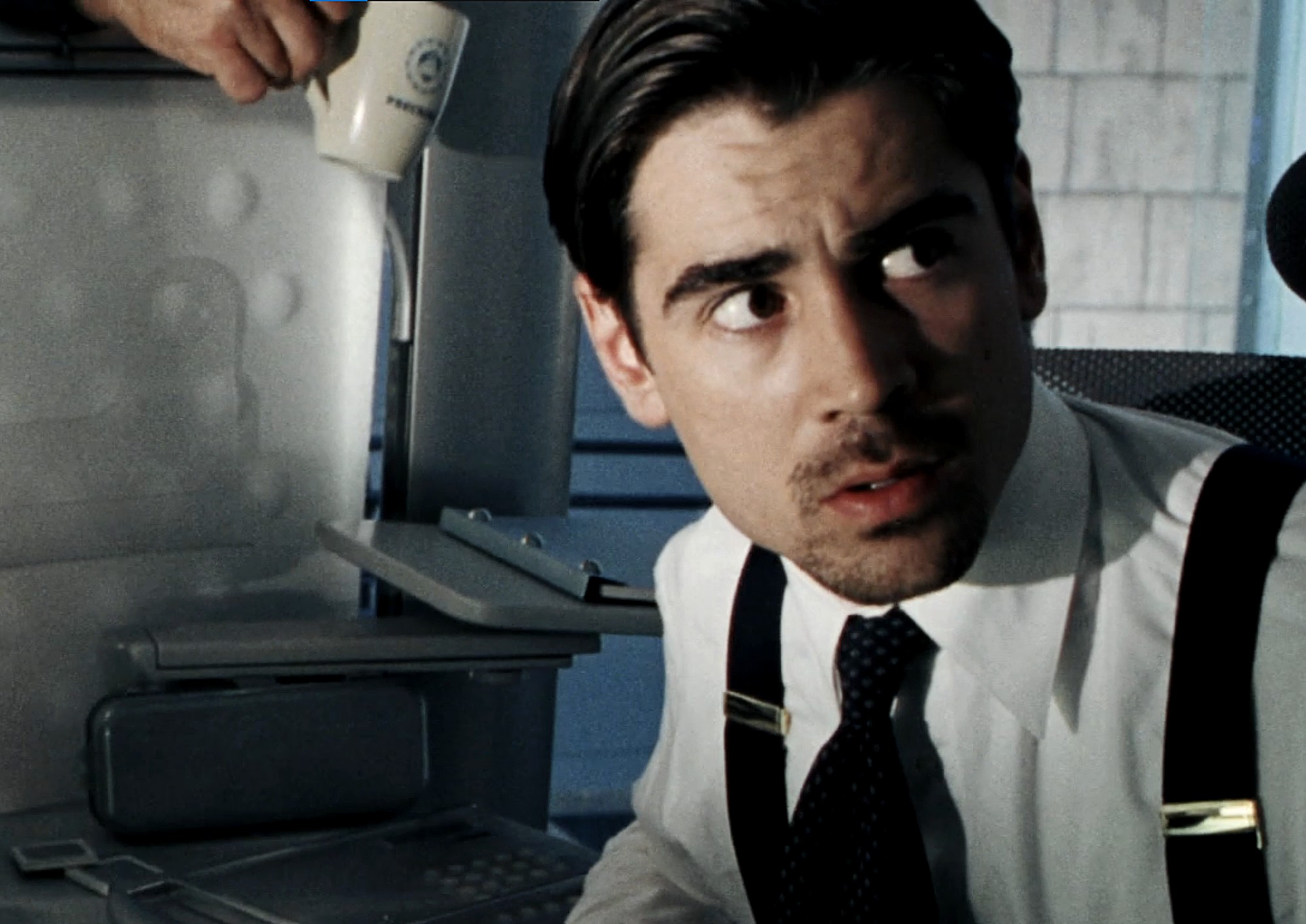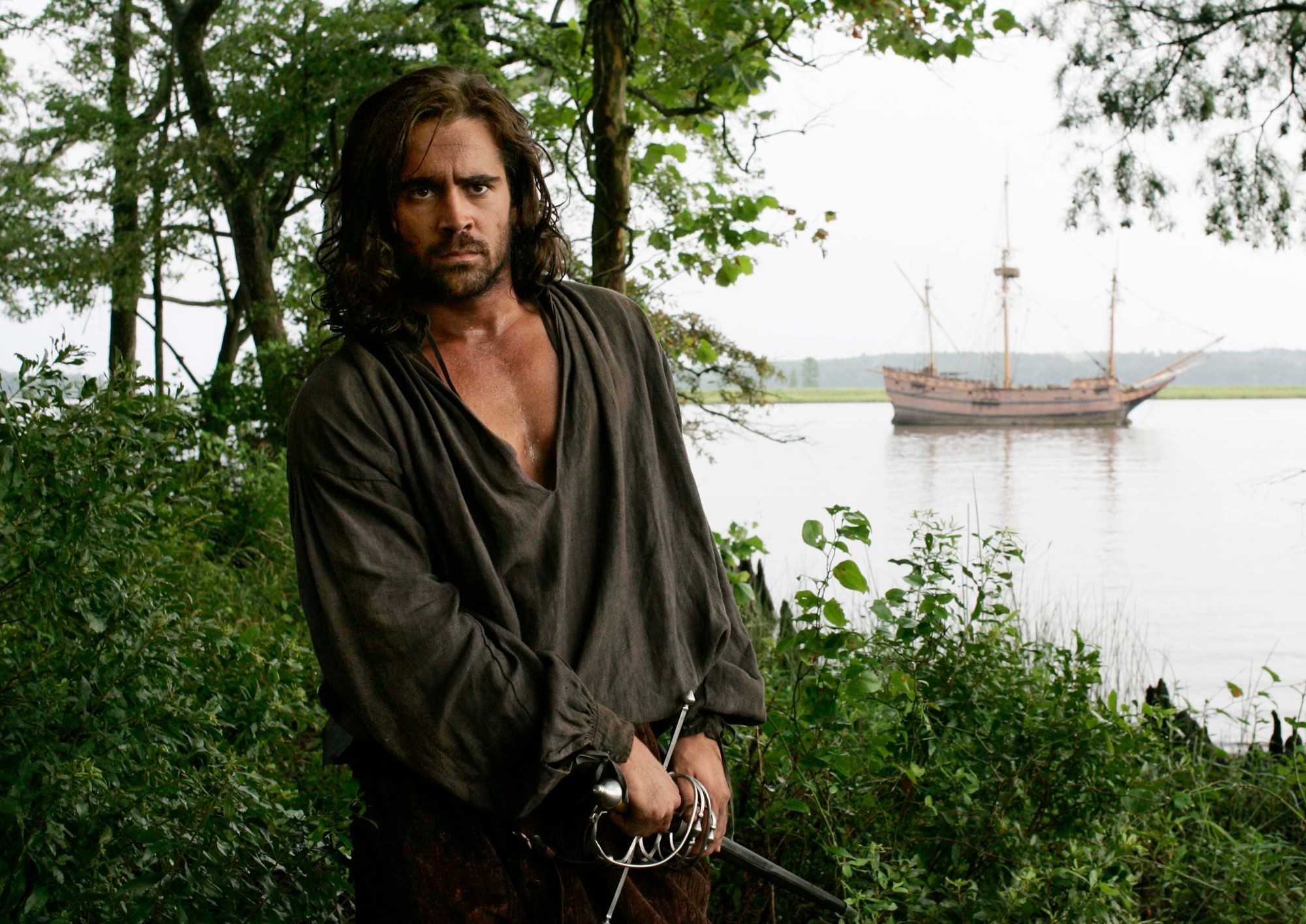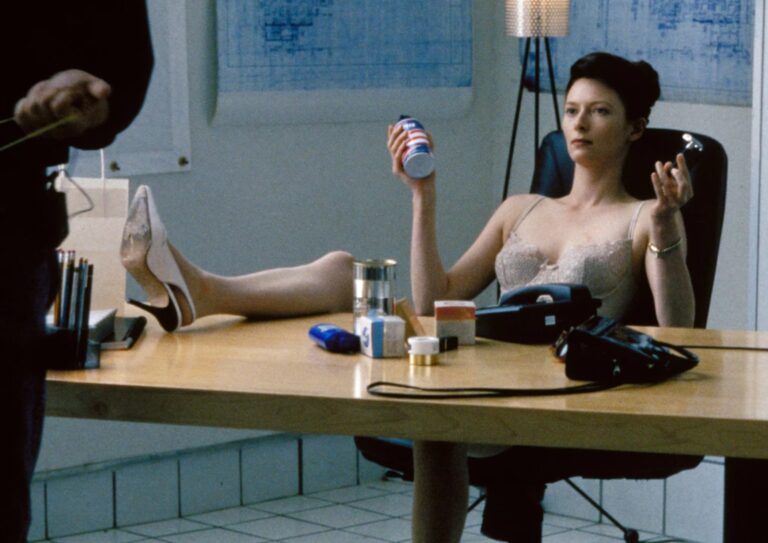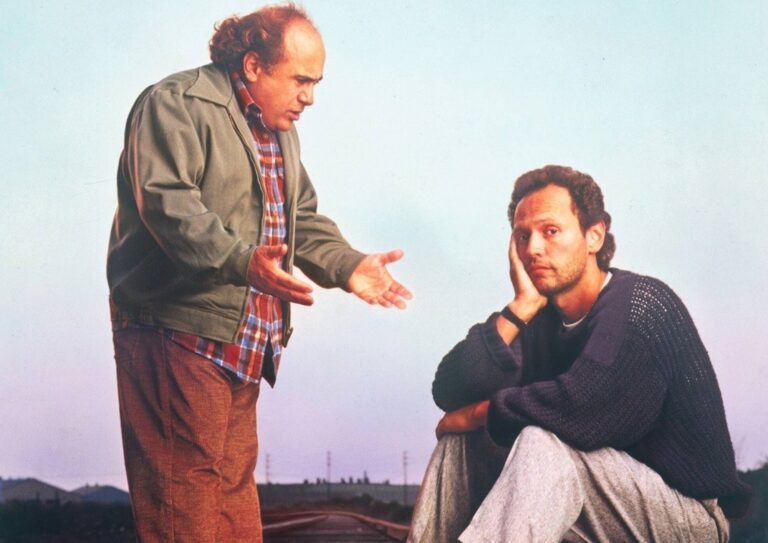Colin Farrell X 3
With THE PENGUIN making waves on television, it's prime time to revisit one of our favorite actors and his contribution to cinema.

Colin Farrell has never been the loudest star in Hollywood, nor the most obvious choice for the roles that define the contemporary leading man. His understated presence and nuanced performances have made him one of the most quietly important actors of his generation. Farrell’s career has followed a unique trajectory — one that prioritizes complexity and restraint over conventional fame. His roles in Minority Report, The Beguiled, and The New World demonstrate not only his versatility as an actor but also why he is an essential figure in modern cinema.
The Quiet Power of Colin Farrell
Farrell’s career began in the early 2000s, when he gained recognition for his roles in films like Tigerland (2000) and Phone Booth (2002). These performances highlighted his ability to embody a character with emotional depth and vulnerability, qualities often overshadowed by louder, more extroverted performances from his peers. As his career progressed, Farrell’s selections of roles demonstrated an inclination toward nuance, complexity, and the subtlety of human experience — qualities that don’t always make for blockbuster success but create a lasting impact on film.
Farrell’s brand of leading man is different. He doesn’t rely on overt displays of charisma or bravado. Instead, he draws audiences in with the quiet force of his vulnerability and an uncanny ability to disappear into a character. This quality has made him a favorite of directors who value understated emotion and complexity, allowing Farrell to occupy a rarefied space in Hollywood, where being a “leading man” doesn’t necessarily require being the most obvious or loudest presence in the room.
Minority Report (2002)
One of Farrell’s most pivotal roles came in Steven Spielberg’s Minority Report (2002), a futuristic thriller set in a world where “pre-crime” can predict and prevent murders before they happen. As Danny Witwer, a government agent investigating Tom Cruise’s character, Farrell manages to hold his own against one of the biggest stars of the era, all while maintaining an internalized, restrained performance that is the antithesis of the typical action-hero mold. Farrell’s Witwer is not a traditional antagonist, nor a flashy character. Instead, he’s a man with a quiet sense of duty and a moral compass that gradually becomes more complicated as the narrative unfolds. While Cruise’s character is the driving force of the plot, Farrell’s role provides a grounding counterpoint — one that adds depth to the philosophical exploration of free will versus predestination at the film’s heart. His restraint is key here: Farrell’s ability to convey internal conflict without overt dramatization makes him an essential part of the film’s emotional resonance. The role in Minority Report also serves as a reminder that Farrell can hold his own in blockbuster territory without succumbing to the excesses of action-movie heroism. He’s not there to steal the spotlight; instead, he enhances the film with his quiet authority and presence, which allows the story to breathe and resonate beyond the surface-level spectacle.
The Beguiled (2017)
Farrell’s performance in Sofia Coppola’s The Beguiled (2017) is a perfect example of how he defies the conventions of the romantic lead. In this Southern Gothic drama set during the American Civil War, Farrell plays Corporal John McBurney, a Union soldier who is taken in by a group of women at a secluded girls’ school after being injured in battle. What makes Farrell’s portrayal so compelling is how he never quite becomes the charming hero one might expect from a traditional “leading man” role. Instead, he plays McBurney as a man who is both manipulative and vulnerable, longing for intimacy but also driven by selfish desires.Farrell’s subtle performance is a masterclass in restraint.. His McBurney is a deeply flawed, often unsympathetic character who nevertheless captures the audience’s attention through his quiet desperation and vulnerability. In the film, Farrell demonstrates how vulnerability can be more seductive than bravado — how the complex emotions of his character can resonate without the need for overt expressions of desire or affection.
The New World (2005)
Perhaps one of Farrell’s most poetic and transformative roles was as John Smith in Terrence Malick’s The New World (2005), a film that explores the mythic and real-life origins of the American colonies, focusing on the encounter between Native Americans and English settlers. Malick’s films are known for their meditative pacing and philosophical depth, and Farrell’s performance aligns perfectly with the contemplative nature of the film. John Smith, the legendary figure associated with Pocahontas, is often portrayed in popular culture as a brash, heroic adventurer. In Farrell’s hands, Smith is not a one-dimensional explorer but a conflicted, reflective man searching for meaning in a strange and hostile land. He doesn’t dominate the film; instead, he embodies its themes of survival, discovery, and cultural exchange with a subtle emotional undercurrent. Farrell’s performance is understated but strikingly effective. In a film where silence and the natural world speak as loudly as dialogue, Farrell’s quiet presence speaks volumes. His interactions with Q’orianka Kilcher’s Pocahontas are tender and devoid of the expected romanticism, bringing a level of realism and emotional authenticity to the narrative that enhances its meditation on colonialism and human connection.
In the end, Colin Farrell is an actor who doesn’t need to shout to be heard. His presence, whether on screen or off, is a testament to the power of stillness, nuance, and complexity in a world of cinematic spectacle. It’s this quality that makes him not just a leading man, but an essential one.




